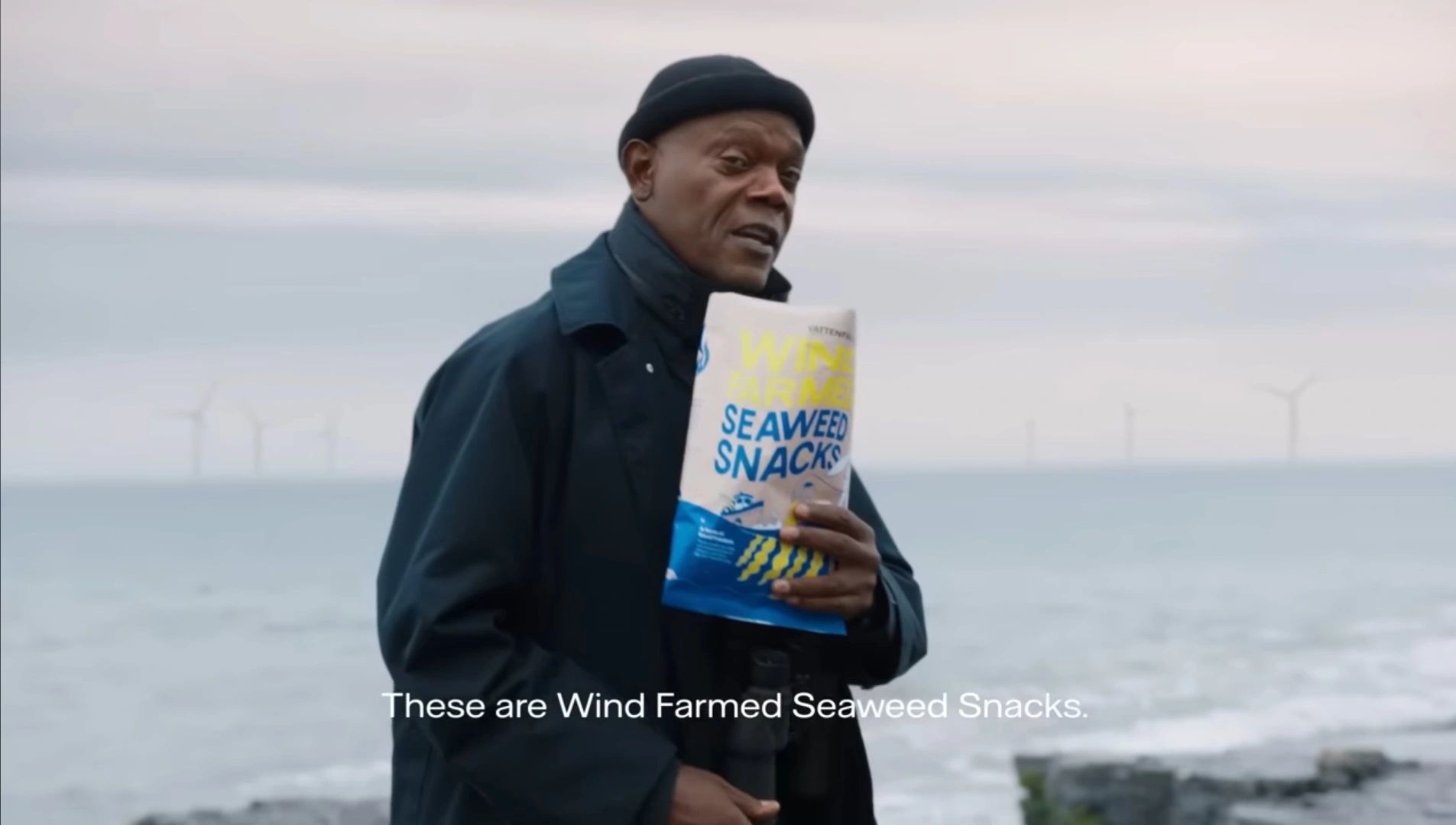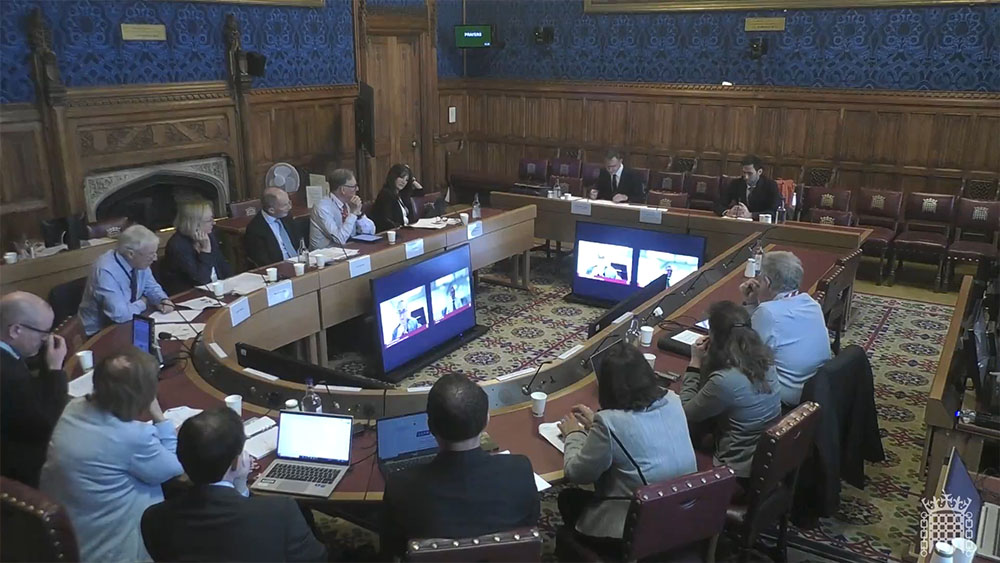Media

The Conversation: Trust in the BBC is heavily tied to political identity
10.11.2025: As the BBC faces fresh pressure over political bias, new survey evidence reveals a deep partisan divide in trust which is far wider than most people realise
Read the article:- The Conversation: Trust in the BBC is heavily tied to political identity
- Communications: Examining trust in public service news providers: A comparison of the BBC and NHK

The Conversation: Is it ok for politicians to use AI? Survey shows where the public draws the line
04.11.2025: New survey evidence from the UK and Japan shows people are open to MPs using AI as a tool, but deeply resistant to handing over democratic decisions to machines.
Read the article:- The Conversation: Is it ok for politicians to use AI? Survey shows where the public draws the line
- Parliamentary Affairs: Democracy by Algorithm? Public Attitudes Towards AI in Parliamentary Decision-Making in the UK and Japan

The Conversation: Why don’t westerners eat more seaweed?
14.08.2025: Seaweed is both good for you, and good for the environment: ask Samuel L. Jackson. Yet its consumption remains rare among westerners. This article, based on our recent study, compares seaweed consumption in Japan and England to understand the cultural, social and psychological factors that influence its use.
Survey results show that Japanese respondents eat seaweed far more frequently, find it easier to buy, and are more willing to consume it in future. In England, however, consumption is higher among ethnic minorities, university graduates, and those on the political left. In Japan, it is more common among women and those on the political right, reflecting its role as a traditional food. As we find, familiarity, led by people such as Samuel L. Jackson, would be key to overcoming barriers in countries where it is less common.
Read the article:- The Conversation: Why are westerners so reluctant to eat seaweed? Our new study reveals the social and psychological reasons
- Food Quality and Preference: Who eats seaweed? Barriers and motivations in Japan versus the United Kingdom

House of Lords: Steve Pickering gives evidence on remote working
19.05.2025: Steve Pickering was invited to present evidence at the House of Lords Committee on Home-based Working. In this wide-ranging session, the panel discussed remote work, productivity, health impacts, and what the UK might learn from Japan. Drawing on UK–Japan Trust Tracker survey data, he noted that the UK maintains far higher remote-work rates than Japan, with hybrid arrangements proving stable. He also highlighted inequalities linked to education, income, parenting and digital access; the role of trust and political affiliation in shaping attitudes; and the need for stronger UK-wide data infrastructure to track long-term home-working trends.
This video is Crown copyright and used under Parliament’s terms and conditions. It is presented here for informational purposes only and has not been edited. Full text transcript and video on parliamentlive.tv.

UK Parliament: Trust, public engagement and UK Parliament
21.05.2025: Our TrustTracker findings were cited in POSTbrief 66, a briefing from the Parliamentary Office of Science and Technology (POST) for Members of Parliament. The report draws on our 2022–24 survey results, noting correlations between trust in Parliament and government, education-linked differences in trust, and changes around events such as the 2022 “mini Budget” and Prime Minister Truss’s resignation.
Read more:- Parliamentary Office of Science and Technology: Trust, public engagement and UK Parliament (POSTbrief 66; doi:10.58248/PB66)
- TrustTracker: Data on trust in Parliament and government
LBC: NHS waiting lists
02.06.2024: LBC's Oli Dugmore interviews Thomas Scotto, exploring our research on NHS waiting lists
The original research article can be found in:

The Conversation: Religion and COVID-19: methodists and Church of England followers more likely to have been vaccinated than Muslims and Pentecostals
24.04.2024: Our new research, based on surveys of over 12,000 people, found that there has been significant difference in vaccine uptake between religious communities. Members of the Methodist and Church of England denominations are more likely to have been vaccinated, while Pentecostal, evangelical and Muslim respondents have received far fewer vaccinations. Methodists, on average, have had 3.48 vaccinations, while Pentecostals have only had 1.88.
The original research article can be found in Vaccine.

The New European: Sorry, Sunak, Britain still trusts the NHS
21.04.2024: There are many factors which affect how successfully a vaccine is rolled out. One of these is the public health communication strategy. Surprisingly, a key factor in determining the success of these strategies is religion. While some religious groups were keen to be vaccinated against COVID-19, others were much more hesitant.
The original research article can be found in Public Health in Practice.

The Conversation: Sky-high waiting times don’t make people trust the NHS any less – why that’s potentially bad news for Rishi Sunak
18.04.2024: The National Health Service (NHS) in England has long enjoyed high levels of popular support and trust. But waiting times in accident and emergency and referral times for specialist treatment remain staggeringly high.
Does this affect people's trust in the NHS? Our research suggests not, but there are strong partisan and ethnic differences in trust.
The original research article can be found in Public Health in Practice.
WION (World Is One News) India: Is the UK losing trust in its police force?
18.04.2024: Zee Media's English news channel WION (The World Is One News) based in Noida, India, covered our research on trust in the police.
They ask the question: is the UK losing trust in its police force?
The original research article can be found in Policing & Society.

The Daily Mail: Revealed: The Met is the least trusted police force in England by women
18.04.2024: The Met faces a 'monumental' struggle to rebuild relationships in wake of Sarah Everard murder and several high-profile cases. Jon Brady's write-up of our research in The Daily Mail shows that:
- Women tend to trust police more than men - except for in London
- The Met vows to continue rebuilding trust among women and girls in the capital
The original research article can be found in Policing & Society.

The Guardian: Only 40% of people in England trust their police force, research reveals
18.04.2024: Metropolitan police scores lowest in public confidence, with women trusting London officers even less than men.
Vikram Dodd writes up our research in this piece for The Guardian.
The original research article can be found in Policing & Society.

The Conversation: Britain's energy price cap left many people confused – especially Conservative voters
14.11.2022: In her brief tenure as Prime Minister, Liz Truss made the misleading claim that her government was "making sure nobody is paying fuel bills of more than £2,500" (BBC Radio). This statement was incorrect; there was no cap on the total fuel bills a household may pay.
But many people believed there was a cap. Our research found that Conservative voters were more likely to believe that fuel bills were capped.
View article:

The Conversation: Human manure or ‘nightsoil’ makes great crop fertiliser – but attitudes to poo-grown produce differ drastically
20.08.2024: Would you eat potatoes grown in human poo? And how would you feel if the marigolds in your local park sprouted from human manure? In the midst of climate crisis, human manure offers significant environmental benefits. But can we overcome the “yuck factor” to embrace this sustainable solution?
The original research article can be found in Waste Management Bulletin.
